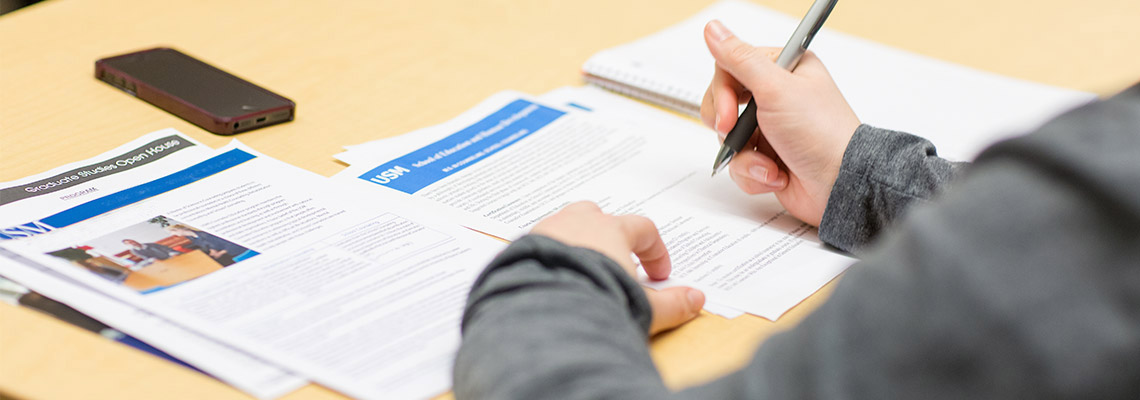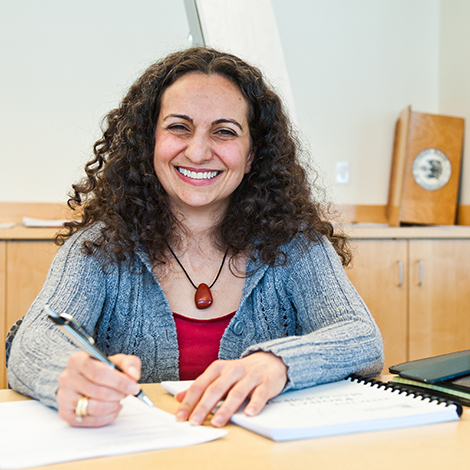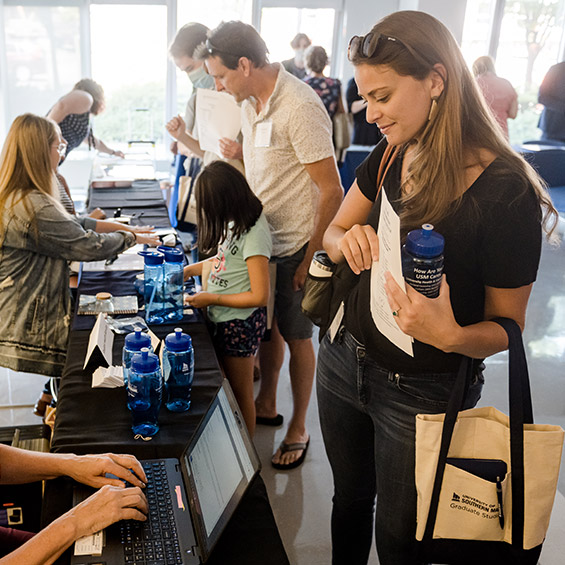Tuition & fees
Costs include tuition & fees. Out-of-state residents receive a special tuition break. See cost details
Credit hours
67 required credit hours. Most courses are equal to 3 credit hours. Browse course list
Financial aid
Over 150 graduate assistantships available with stipend & tuition assistance, plus scholarship, fellowship & research opportunities. Explore aid
Admissions
No GRE required. Apply by December 1 for fall term. View application process & deadlines
Program highlights
Two possible certifications
Graduates are eligible to apply for certification as a School Psychologist–Specialist (093) through the Maine DOE and as a Nationally Certified School Psychologist (NCSP) through the National Association of School Psychologists.
Program requirements
We integrate coursework, field experiences, and applied research opportunities to ensure graduates meet the practice competencies established by the National Association of School Psychologists (NASP).
Engaged and dedicated faculty
All faculty are credentialed school psychologists, and many are dually credentialed as Board Certified Behavior Analysts® (BCBAs®). All students receive individualized mentoring from full-time faculty.
Experiential learning
Gain hands-on experience through two practicums and an internship under the supervision of a credentialed school psychologist. Complete a broad range of psychological services for school psychology practice, plus train in assessment, intervention, and consultation for entry-level professional practice.
A supportive & collaborative culture
You’ll work one-on-one with a faculty advisor who assists with developing an individualized plan of study and provides mentorship. Faculty also facilitate practicum and internship field-placements that meet your unique professional development needs.
Graduate student support
Our Office of Graduate Studies connects you with opportunities for professional development, scholarships, and graduate assistantships. They also foster our graduate student community through Peer Mentorship and the Graduate Student Board.
Maine School Psychology CAREs project scholar
During your studies, you can apply to participate in a grant-funded project offering full tuition support and specialized training in culturally responsive rural school psychology practice. Selected participants will complete fieldwork and commit to employment in a rural, high-needs school in Maine.
Career opportunities
There are significant shortages of school psychologists in Maine and across the country. 100% of our program graduates are employed in the field, primarily in PK-12 schools.
Scholarship opportunities
Scholarships offer financial aid that doesn’t need to be repaid. We encourage students in graduate degree programs to apply for scholarship opportunities.
Connect with us
Our monthly Graduate Information Sessions are an excellent way to learn more about the benefits of our program, as well as our admissions and financial process.
Low-residency program option
Are you a current educator in Maine? We are offering a one-time cohort with a low-residency mode of study, designed to meet the statewide demand for school psychologists.
Our graduate admissions counselors are here to answer your questions about the admissions process, our academic programs, and student support services.

Admission information: MS in Educational Psychology — School Psychology Concentration (Blended)
The information below is for our Blended mode of study. See admission information for the one-time low-residency cohort.
Application deadlines
| Application deadline | Fall term start |
|---|---|
| Final | December 1 |












